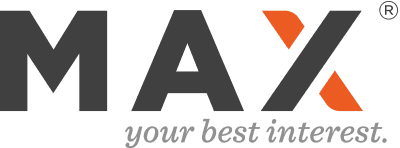 This may be the insight that explains everything: people are happier the larger their bank balance grows.
This may be the insight that explains everything: people are happier the larger their bank balance grows.
Everyone knows that money can’t buy you love. But cash can buy you happiness, apparently — as long as you don’t spend it. That’s the conclusion of a recent academic paper, “How your bank balance buys happiness: The importance of ‘cash on hand’ to life satisfaction,” by researchers Peter M. Ruberton, Joe Gladstone, and Sonja Lyubomirsky.
Accumulating assets has long been a bulwark against unhappiness. But this study, which looked at UK bank customers, reveals that your ATM receipt can be a better predictor of satisfaction than an overall portfolio statement or your total net worth.
“We find a very interesting effect: that the amount of money you have in your bank account right now is a better predictor of happiness than your aggregate wealth,” Mr. Gladstone told The Wall Street Journal.
The study doesn’t determine why exactly cash makes us happy. But liquidity can confer many advantages: peace of mind, insurance against emergencies, or an ability to pounce on opportunities when they become available.
At Max, our members tell us that they hold onto cash for a myriad of reasons: for dry powder, to snap up assets when their prices drop; for specific future purchases; or for capital calls.
Because Max automatically optimizes members’ cash, keeping it under the FDIC limits and making sure it’s earning the highest possible yield, our members don’t have to worry about whether their cash is safe. They can rest easy knowing that their cash is earning among the highest yields possible, while focusing on the happiness they feel when they look at their Max statement.
To learn more about Max and how it helps optimize yield and FDIC insurance for cash, visit maxmyinterest.com for individuals or maxforadvisors.com for financial advisors.









